While Western countries and Asia are mostly in a time of peace, the Middle East remains engulfed in a cycle of large and small-scale conflicts. The recent escalation of armed conflict between Israel and Palestine which began on October 7th has once again thrown international politics into disarray. What caused the trigger to be pulled in this already precarious situation between the two nations?
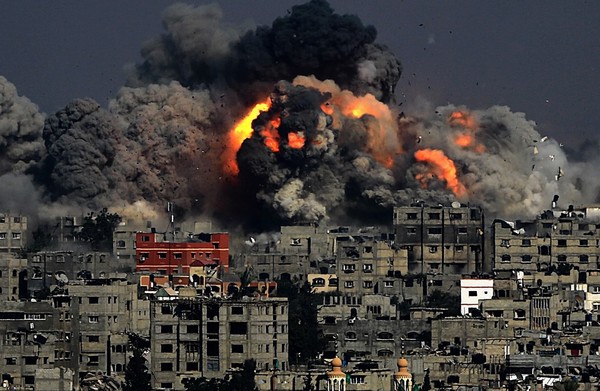
What Happened in Israel and Palestine?
The Start of the War
On October 7th, the Palestinian armed group 'Hamas'[1] declared the operation ‘Al-Aqsa flood’, bombing the southern region where Israel's airport and military bases are located using more than 5,000 rockets. The BBC reported that the rockets fell in civilian areas outside of the main facilities, causing widespread destruction, and that the special forces of Hamas that had infiltrated Israel carried out indiscriminate massacres against civilians. In response to Hamas's unprecedented attack, the Israeli government declared war the same day. They responded strongly by simultaneously ordering the mobilization of the reserve army and the counterattack of the defense forces. Afterwards, the civil defense forces of the Israeli settlements located in the West Bank occupied the Palestinian villages in the West Bank and a bloody war began, resulting in more casualties in a shorter time than any Middle East war that has occurred so far.
The War of Blood
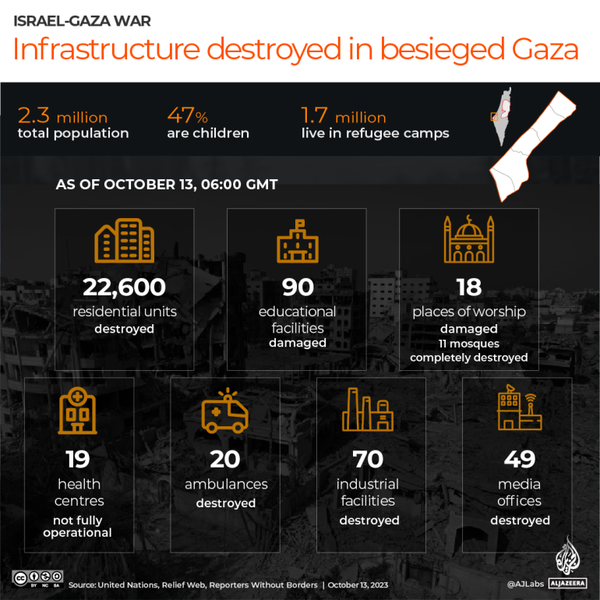
The number of casualties continues to rise due to both sides’ indiscriminate slaughter of civilians, regardless of age or gender. As of November 16th, it is estimated that the total number of deaths due to the war has exceeded 12,000 on both sides. According to Qatar-affiliated international news channel Al Jazeera, an international news channel reported that at least 11,470 Palestinian deaths occurred due to Israeli attacks since the war began. The Ministry of Health of the Gaza Strip emphasized that the dead were not only armed forces but mainly civilians, including children. It was also reported that 197eople were killed in the West Bank due to Israeli attacks. Meanwhile, the number of Israeli deaths due to Hamas's surprise attack is estimated to be about 1,200.
The Reason for the War
An Old Enemy Who Stood on the Threshold of War
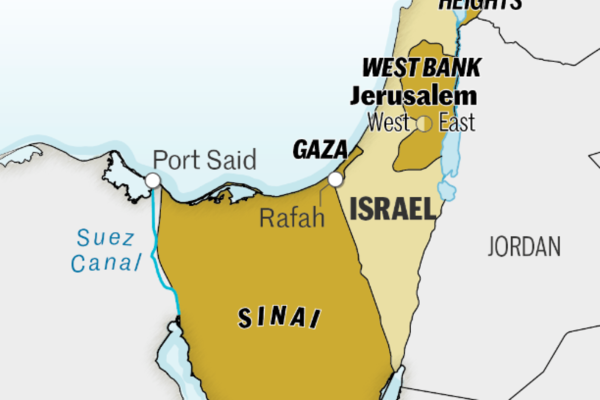
The relationship between Israel and Palestine[2] has been on the brink of war for decades, with numerous incidents occurring during this time. This conflict began in the early 20th century when Jews began to immigrate to Palestine and buy land from Arab landlords under British rule. After World War II, the UN passed the United Nations Partition Plan for Palestine, which divided Palestine into two states, one Jewish and one Arab, and separated Jerusalem. In response, the Jews in the area declared independence and established 'Israel' in 1948, and were attacked by neighboring Arab countries such as Iran, Iraq, and Kuwait who opposed this. The Middle East war was initially caused by the establishment of Israel, but the situation became more complicated due to the intervention of major powers over oil resources and the conflict between Shiites and Sunnis.
This lead to four wars, the last of which was the Yom Kippur War in 1973. The result of the war was a victory for Israel, and as a result, Israel occupied much more territory (including the Sinai Peninsula and the Jordan Valley) than when it was divided by the UN. Even after the Middle East war, there were several wars and riots between Israel and Palestine. This conflict can be seen as a core competition for land, not only over religious and cultural differences. Israel built settlements in the West Bank and East Jerusalem, which Palestinians consider an invasion of their original land. In response, the Palestinians have continuously attacked Israel, and Israel has also responded with force. The existence of factions with different goals and strategies for resolving conflicts within Israel and Palestine makes the conflict situation even more complicated. Within Israel, there are factions that support the 'Two-state solution', a plan for Israel and Palestine to coexist peacefully as separate states, as well as factions that claim that Israel should merge the West Bank. Palestinian public opinion is also divided into factions that support peaceful resolution of conflicts and armed resistance. With the addition of international factors where the hegemony of major powers and several Arab countries are at stake, and the domestic politics of Israel and Palestine, the situation has changed more diversely.
The Decisive Trigger
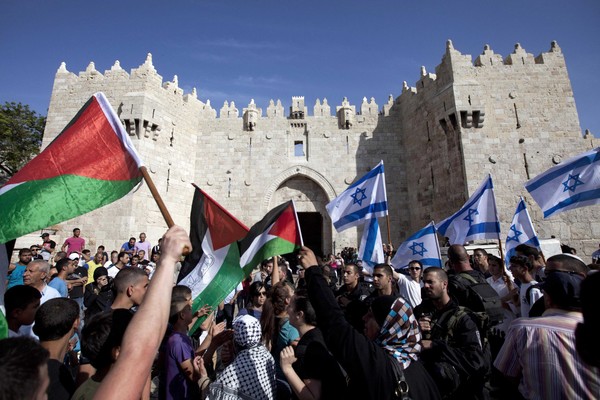
Through all of this, Israel and Palestine have maintained a precarious relationship that could lead to another Middle East war at any moment. However, experts analyze that the recent attack by Hamas was triggered by two major factors. The first is the normalization of diplomatic relations between Israel and Saudi Arabia. In September 2023, the Crown Prince of Saudi Arabia stated that negotiations for normalization with Israel were underway. The relationship between Israel and Saudi Arabia has a very significant meaning in Middle East geopolitics. Saudi Arabia was originally one of the countries that did not recognize the establishment of Israel and supported Palestine, and there was no official diplomatic dialogue. Also, as a holy place of Islam, Saudi Arabia holds a strong hegemony in the Middle East. If Israel normalizes diplomatic relations with Saudi Arabia in this existing situation, Palestine will be diplomatically isolated. Therefore, the American media Vox[3] pointed out that preventing the normalization of diplomatic relations between Israel and Saudi Arabia is the goal of Hamas in this war. In fact, after the war, the Crown Prince of Saudi Arabia, who could not ignore the anti-Israel sentiment in the Middle East, also declared support for Palestine on October 10th.
The second is the Al-Aqsa invasion[4] incident by the Haredi. The indifference of the far-right Israeli government to violence against Palestinian Muslims in the West Bank and Jerusalem, and the anger of Hamas and Palestinians against it, can be seen as a decisive trigger for the war. Especially, there was an analysis of The Conversation[5], a non-profit research and media outlet, that it seems to be an attempt to expand Hamas's political legitimacy and influence by attacking radical Judaism and Israel, which are external enemies. That’s because Hamas's political position within Palestine was shaky just before this war.
The International Community’s Reaction to the War
The international reaction is divided into four: support for Palestine, support for Hamas, support for Israel, or demand for restraint and ceasefire. First of all, many Islamic countries have expressed support for Palestine and Hamas. What's important here is that supporting Palestine does not mean supporting Hamas, an armed group. Countries that support Palestine, but not Hamas, include Saudi Arabia, Russia, and North Korea. Yet Islamic countries such as Iran, Afghanistan, and Pakistan, which are friendly with Palestine, support Hamas. They criticized Israel's occupation of Palestinian territory as the fundamental cause of Hamas's violence. Protests supporting Hamas and Palestine also took place in these countries.
On the other hand, Western countries including the United States, an ally of Israel, and many European countries including the EU, criticized Hamas's attack and supported Israel. In particular, US President Joe Biden stated in a speech on the 8th, the day after the war broke out, that Israel has the right to defend and respond, and the US authorities will cooperate closely with Middle Eastern countries such as Saudi Arabia and Jordan, as well as the European Union, on this situation.
Meanwhile, many countries, including South Korea and China, have condemned Hamas without expressing support for Israel. The UN also declared a neutral position. UN Secretary-General António Guterres repeatedly urged both Israel and Hamas to refrain from physical clashes under the goal of prioritizing diplomatic solutions and protecting civilians. Also, on October 27th, the UN General Assembly passed a resolution demanding immediate and sustained humanitarian ceasefire and cessation of hostilities. The International Red Cross Committee also emphasized the need to protect the lives of medical workers and civilians while expressing neutrality. The ICRC (Red Cross) directly participated in hostage release negotiations and even directly conversed with senior Hamas officials to request access rights to Israeli hostages.
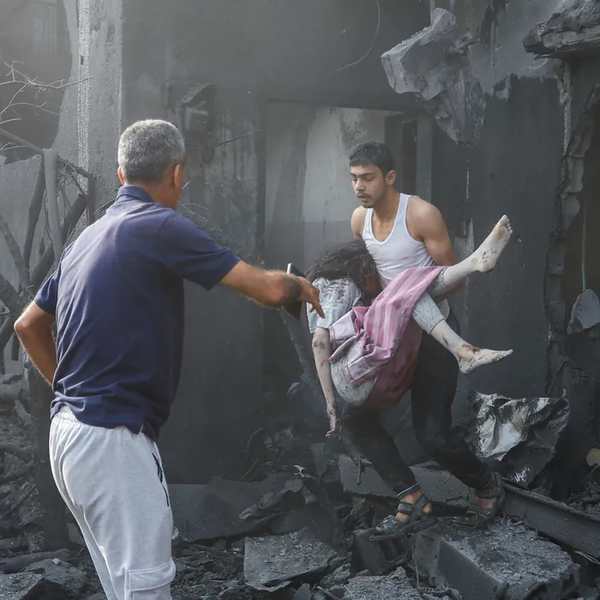
Martin Luther King III said, "What we have still not learned is how to treat our fellow human beings... We have to find a way to coexist without doing harm to one another and that is whether it's in the United States or in the Middle East or in the African continent or in Asia or anywhere on the planet.” While various countries around the world are expressing their positions according to their interests, most of them are commonly criticizing the killing of civilians by both Hamas and Israel. Following the Russia-Ukraine war, the world is being dyed with another war, and finding a way to minimize civilian casualties from war is a task that the world must solve.
[1] Hamas is an armed Palestinian group and Islamist political party established in 1987, which has a significant influence in the Gaza Strip. Characterized as an Islamic resistance movement, it has long been involved in physical attacks with the Israeli government.
[2] Sammy Westfall, Brian Murphy, “The Israeli-Palestinian conflict: A chronology”,「Washington Post 」, 16 October 2023
[3] Zack Beauchamp, “Why did Hamas invade Israel?”, 「Vox」, Oct 7, 2023
[4] Al-Aqsa is a holy place for both Islam and Judaism, and the Al-Aqsa Mosque is managed by Jordan, a third country, and only Muslims can pray in the mosque according to their rules. However, at the end of September this year, a situation occurred where Jewish fundamentalists invaded the Al-Aqsa Mosque with Israeli police and occupied it.
[5] Yousef Masoud, “A crisis of legitimacy: what’s at stake for Israel and the Palestinians?”, 「The Conversation 」, Oct 12, 2023

